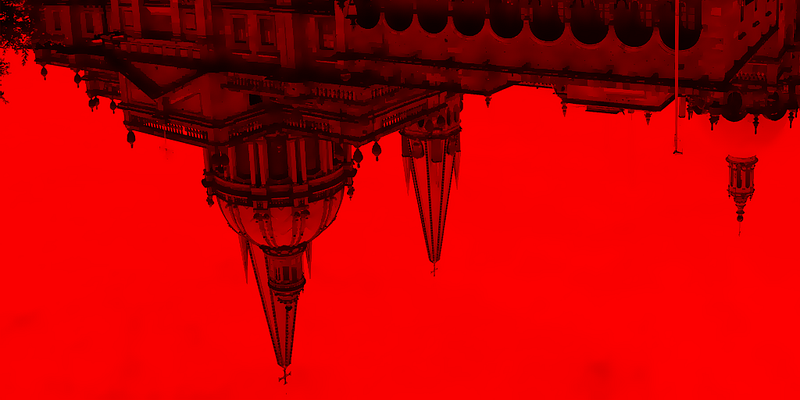Many immigrant folk don’t like to talk about the future. It’s difficult to see beyond the precarity and uncertain political developments. But, I want to just for this second:
Eventually, life in Guadalajara will come to be like life anywhere else. I’ll know it like the back of my hand; it’ll be an old friend instead of an absent parent. There will be so many tears, but they’ll cease one day. The rupture will heal. The tattoo on the inside of arm that reads HUENTITÁN will start fading and the sharp lines will blur; I will regret an impulse decision to get what I’ve called a second belly button.
My accent, bland and indistinct, will blossom again. I’ll speak like I did many years ago, when I first learned to, with a mouth full of flowering trees and cobble stones. I have good hopes and confidence in my enfeebled Spanish; living the way we have has worn us down, but now we’ll have the time and the love of family with which to tend to ourselves. No longer the phantom limb which ached as it stretched to grab the names of peculiar green fruit, we’ll be one whole body again.
I’ll quit smoking, probably more than once, in honor of my great-grandmother and visit her to pay my respects. Long overdue. I know I will wail and I will regret waiting so long. The knowledge that she can stop visiting me in dreams to tell me to hang on and rest in peace will keep me calm. Until, I visit her house. I won’t recognize it at first, but I’ll step into the patio anyways, but leave before the memories become overwhelming.
I’ll run out onto calle Gigantes and walk with my head down and tears on my boots. I’ll repeat this until the grief is extinguished and my boots stay dry.
I’ll visit Cabañas and know in my heart it was always more impressive in art history textbooks than in person (historic buildings always are). I will sit by fountains, so many fountains, that I will give off the scent of copper tubing and stone for a few weeks. All around the city wandering with family I have mostly forgotten I will stumble onto the places in photos of myself as a child and wonder where I stood and why it feels so disimilar. I’ll probably avoid those places after I have gotten my fill.
People will notice my accent and I’ll lie and say I only went to the US for school, not caring if they believe me. I’ll apologize over and over again for asking for directions or help with transport. But, that’ll be fine, because every night, at the end of the day, I will return to my grandparents and thank God that they have waited for me.
The farm which lies ruined and neglected will slowly begin to pull itself together with some help; I promise to God that I will learn to love my grandfather more than I hate manual labor. I will teach my youngest cousins English because I will be too poor to bring anything else with me from the United States.
I’ll speak every day to my grandmother and learn the names of relatives and ancestors. I will force a family tree to materialize from dried roots. I’ll know who we are, in full.
One day Guadalajara will no longer be magical. It will no longer be painful. No more figment or myth, no longer both threat and Plan-B. It will become a city with all the problems of a city. I’ll run out of resentments that need to be placated and relatives who need to be grieved. I’ll have to get to work and I will be running late.
My list is long. I’m setting my expectations and my hopes high because to have hopes at all is new to me. I don’t care if Guadalajara breaks my heart




